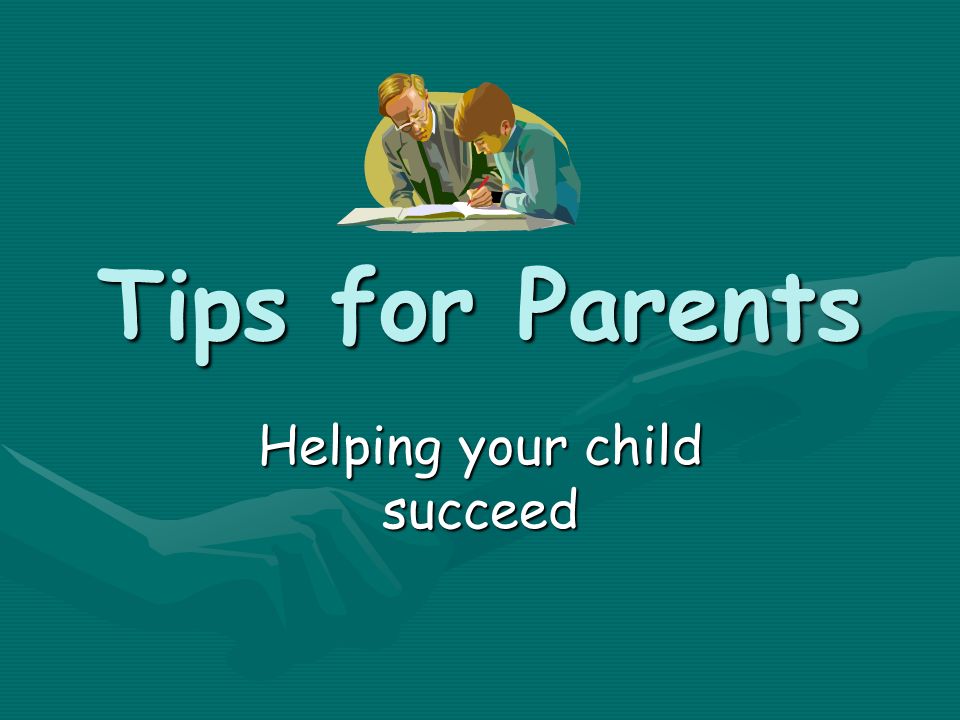We’ve heard stories of how children forge school results and give them to their parents at home. Some students even go as far as generating school letters for parents to sign; be it for money or so they can miss school to hang out with friends. These are among the numerous pitfalls of not being involved in the learning process of your child as a parent. For some parents, they are negligent – they feel the school should be bothered about that. Others, just don’t know how to go about it even though they are interested.
Parental involvement in education is a cornerstone of a child’s upbringing. If you want to learn how to be involved in your child’s education, then you are at the right place. Below are 7 simple tips to get started on parent involvement.
1. Learn with your Kids
A child finds it hard to concentrate on studying or doing homework when their friends are outside having fun. Sitting with your child during homework can change something “boring” into a bonding experience. In addition to finding it easier to concentrate, you and your child can work through and solve problems together!

2. Make everyday activities educational
Learning does not have to end in the classroom. Activities you engage in with your kids can be in form of learning without tagging it as school work.
Examples of making every day activities educational include:
Challenging your child to build the strongest or tallest structure with Lego blocks
Telling them to identify objects and colors from their favorite shows
Explaining scientific concepts like force and gravity while playing ball games
3. Monitor your child’s schoolwork
Your child’s school bag — especially if they’re younger — is probably filled with loads of notes and homework. It’s helpful to ask your child about them as there could be due dates or homework they’re struggling with. Regularly monitoring your child’s schoolwork opens opportunities for you to help and encourage your child.

4. Prioritize Parent-Teacher Meetings
We understand how busy life can get, shuffling between work and parenting can be really stressful. But, if you can help it, try to make time for parent-teacher meetings because they’re one of the best opportunities to ask questions and raise concerns. Get the most out of them by taking note of important things the teacher shares. This will help inform and improve how you continue to stay involved in your child’s education.
READ MORE: Strategies for Successful Parental Involvement in Children’s Education
5. Volunteer at your child’s school
Depending on your schedule, finding time to volunteer at your child’s school can be tough. However, if an opportunity comes up where you can, take it! Let your child’s teacher know when you’re free, and for how long, and get excited. Whether you’re helping cater for an event, partake in enrollment programs, or help out with other school events, your child will notice – and appreciate – your involvement.

6. Continue communicating
Communication is crucial for successful parental involvement in education. This takes many forms, be it pencil and paper, SMS or email. For example, you are receiving and reading school newsletters as well as sending notes to your child’s teacher about what’s going on in their life.
Keeping open lines of communication between families and teachers will help strengthen relationships and the ability to understand children’s moods or behaviors at school.
7. Recognize yourself as a role model
Whether they know it or not, you’re likely the most influential person in your child’s life. This is why it’s so important to have a positive attitude toward school and learning in general. If you regularly express negative attitudes about a particular subject, your child can grow up believing that subject is hard and therefore hate it.
While teachers play a huge role in the academic and social development of children, studies have shown just how powerful parental involvement in education is — at school, but especially at home. Parents want what’s best for their children. And by getting more involved in their education, parents can directly impact their child’s success in school and beyond.
